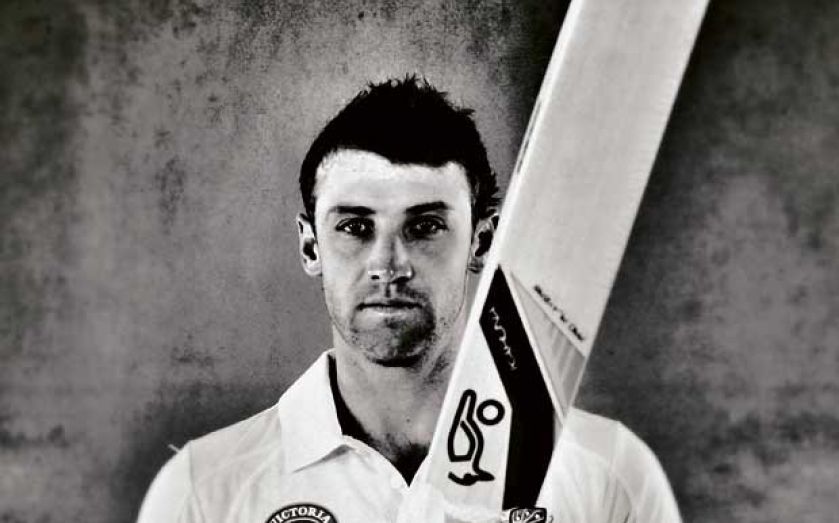Hughes death sends shockwaves

■ Australia batsman loses fight, aged 25
■ Officials: “freak accident real tragedy”
■ Debate over cricket safety intensifies
■ India Test match could be cancelled
CRICKET was in mourning last night following the death of Australian Test batsman Phillip Hughes – a tragedy that senior figures predict will send shockwaves through the sport.
Hughes died yesterday after being struck on the top of the neck by a short-pitched delivery from fast bowler Sean Abbott while batting for South Australia against New South Wales in a Sheffield Shield clash on Tuesday.
The 25-year-old received mouth-to-mouth resuscitation at Sydney Cricket Ground and was placed in an induced coma following emergency surgery at St Vincent’s Hospital to relieve pressure on his brain, but never regained consciousness.
“It’s an understatement to say we’re completely devastated,” said Cricket Australia boss James Sutherland of Hughes, who would have turned 26 on Sunday. “The word tragedy gets used too often in sport, but this freak accident is a real life tragedy.”
Tributes have poured in from across the cricket community for a player who selector Mark Waugh confirmed yesterday was set to earn a recall for Australia’s opening Test match with India at Brisbane next week.
“RIP you little champ, we are all going to miss you,” wrote Australian coach Darren Lehmann on Twitter.
Australia batsman David Warner, who was fielding when Hughes suffered the blow and collapsed face first, said: “RIP my little man. You will always be with me when I walk out onto the field. Not just a mate but a loved one to us all big man.”
Hughes played 26 Tests for his country – averaging 32.65 – and 25 one-day internationals having made his debut aged 20 against South Africa, touring England in 2009 following a stint with Middlesex before later representing Hampshire and Worcestershire.
“He was developing into a magnificent cricketer,” said former England captain Kevin Pietersen. “He was probably on course to do great things for Australia.”
Hughes’ death will inevitably lead to an intensified debate over player safety, with former England skipper Nasser Hussain adamant the incident will have a seismic impact on batsmen worldwide.
“You have to think about ways of improving the helmet all the time, balancing protection with being able to move and see the ball,” he said.
“Putting bits on the neck, that’s an area we’ve never thought about. We were always told to protect the temple but were never really concerned about the neck. The instinct to get out of the way of a bouncer is to turn away. This will send shockwaves through every cricketer.”
Hussain’s predecessor as captain, Michael Atherton, echoed those sentiments and insists that if Hughes’ untimely passing teaches the sport of cricket anything, it is that players should not take any aspect of their personal protection for granted.
“It’s an incredibly safe game but I think this will shake batsmen slightly out of what might have been complacency,” he added. “I wore the same helmet for 10 years. I never changed it. I didn’t give it much thought really.
“If there is that kind of complacency that I was guilty of, then people will have been shaken out of that.”
Pakistan and New Zealand cricket bosses yesterday called off the second day of their deciding Test in Sharjah, while a two-day tour match between India and a Cricket Australia XI has also been cancelled.
England and Sri Lanka have confirmed a two-minute silence will be held ahead of their second ODI in Colombo tomorrow, with doubts remaining over the first Test between Australia and India at the The Gabba, which is set to start next Thursday.
Michael Cheika’s Australian players will wear black armbands when the Wallabies line-up against England at Twickenham tomorrow for the final autumn international of 2014.